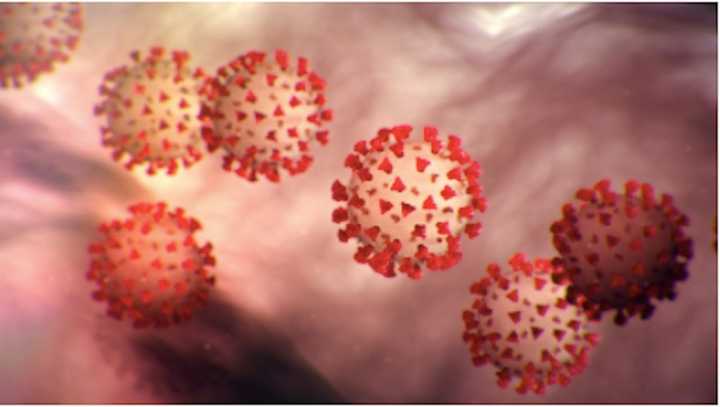Two cases of the Omicron variant were confirmed in Canada.
Both were in Ottawa, Ontario Health Minister Christine Elliott said in a statement released Sunday evening, Nov. 28. The two infected people had traveled from Nigeria and have been isolated, Elliott said.
The Omicron variant, whose name comes from the 15th letter of the Greek alphabet, is spreading fast in Europe after the first case was identified by scientists in South Africa on Tuesday, Nov. 9.
Including Canada, it's now been confirmed in 17 countries.
No cases of the new variant have been identified in the United States to date, but Dr. Anthony Fauci, the director of the National Institute of Allergy and Infectious Diseases and the chief medical advisor to the president, said Sunday that it will arrive in America.
"We all know when you have a virus that has already gone to multiple countries, inevitably it will be here," Fauci told ABC News. "The question is, will we be prepared for it?"
Fauci added that Omicron “appears” to be more transmissible than other variants and "might evade some of the protection of monoclonal antibodies and ... perhaps even antibodies that are induced by vaccine.”
The Centers for Disease Control & Prevention (CDC) said in a statement that it is "continuously monitoring variants and the US variant surveillance system has reliably detected new variants in this country. We expect Omicron to be identified quickly, if it emerges in the US."
The World Health Organization (WHO) designated Omicron, originally identified as the B.1.1.529 strain, as a "variant of concern" in an emergency meeting on Friday, Nov. 26.
"Omicron has more than 50 variants that make it different from the original virus, including more than 30 that are in the spike protein," Dr. Francis Collins, director of the National Institutes of Health (NIH), said Sunday morning on CNN.
The spike proteins sit on the outside of the virus, enabling it to get inside a person's cells.
"The Omicron version of that, because of those changes, is going to have a different shape, and of course that is what the antibodies are directed against," Collins said on CNN. "So the question is, will the antibodies generated by the vaccines that we've all had or should have had enable us to be protected against this virus.
"I think there are good reasons to think it will probably be OK, but we need to know the real answers to that, and that's going to take two or three weeks."
One of the vaccine producers, Moderna, said in a statement on Friday that "the combination of mutations (in the Omicron variant) represents a significant potential risk to accelerate the waning of natural and vaccine-induced immunity."
More than a dozen people who arrived in the Netherlands from South Africa on Friday tested positive for the Omicron variant, Dutch health authorities said on Sunday.
President Joe Biden's administration announced on Friday that travel restrictions will go into effect on Monday, Nov. 29 covering South Africa and seven surrounding countries: Botswana, Zimbabwe, Namibia, Lesotho, Eswatini, Mozambique, and Malawi.
Click here to follow Daily Voice Lewisboro and receive free news updates.

